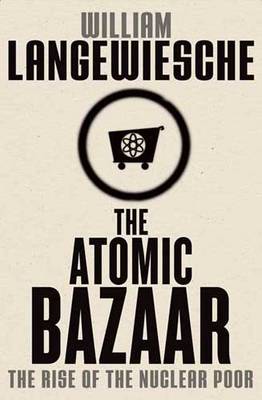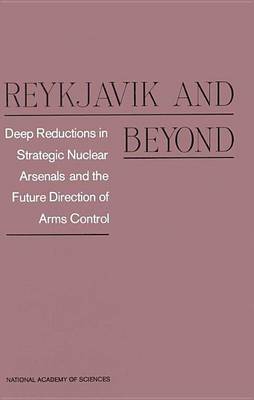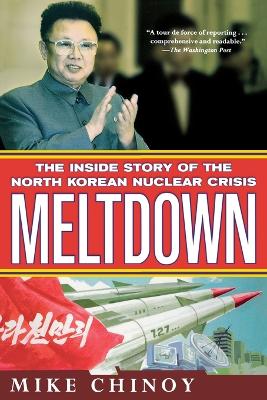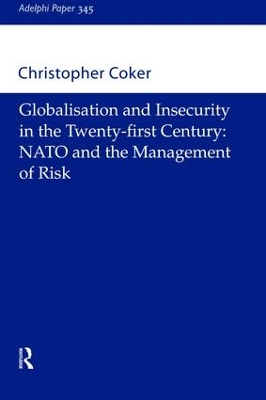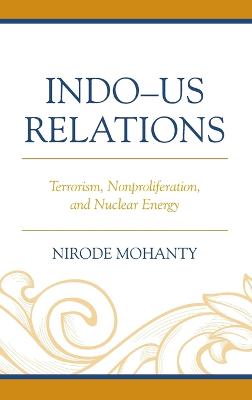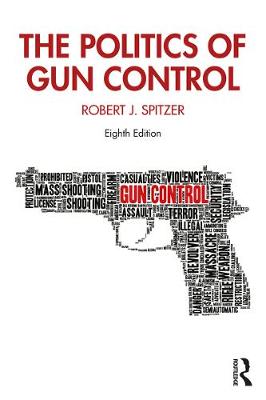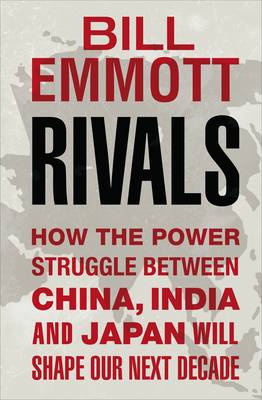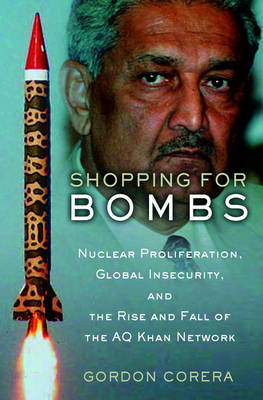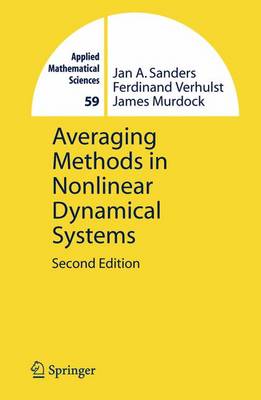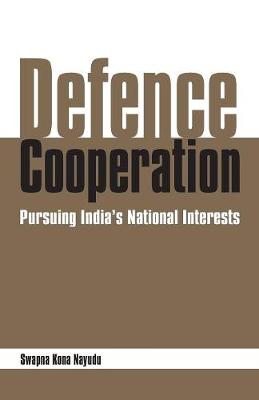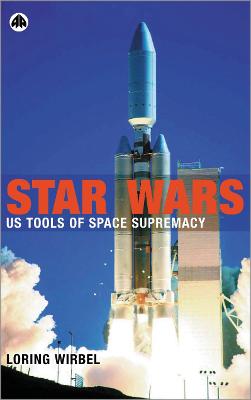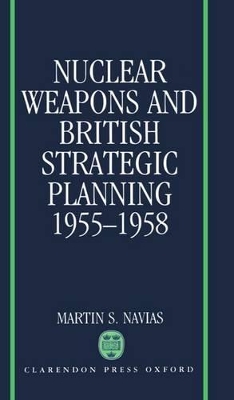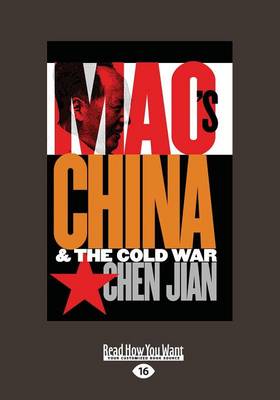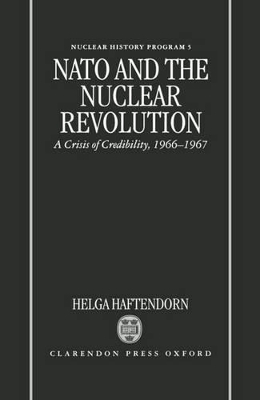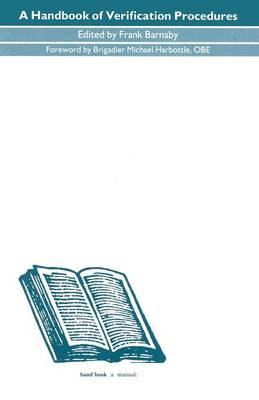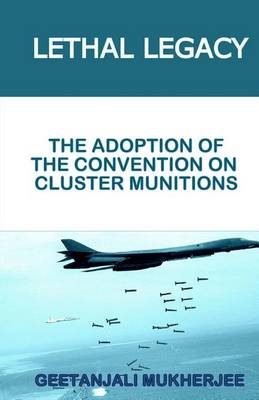Emerging Transnational (In)Security Governance (Security and Governance)
In his shocking and revelatory new work, the celebrated journalist William Langewiesche investigates the burgeoning global threat of nuclear weapons production. This is the story of the inexorable drift of nuclear weapons technology from the hands of the rich into the hands of the poor. As more unstable and undeveloped nations find ways of acquiring the ultimate arms, the stakes of state-sponsored nuclear activity have soared to frightening heights. Even more disturbing is the likelihood of such...
No more important issue faces us today than the future success of efforts to manage and control nuclear arsenals. Reykjavik and Beyond represents the careful consideration of this subject by a group of experts deeply involved in arms control. The authors consider what changes in force structures, strategic thought, and political relations would be necessary to make possible large reductions in the superpowers' nuclear arsenals. They also examine how very deep cuts would affect other aspects of t...
When George W. Bush took office in 2001, North Korea's nuclear program was frozen and Kim Jong Il had signaled he was ready to negotiate. Today, North Korea possesses as many as ten nuclear warheads, and possibly the means to provide nuclear material to rogue states or terrorist groups. How did this happen? Drawing on more than two hundred interviews with key players in Washington, Seoul, Tokyo, and Beijing, including Colin Powell, John Bolton, and ex-Korean president Kim Dae-jung, as well as...
Globalisation and Insecurity in the Twenty-First Century (Adelphi)
by Christopher Coker
Discusses the impact of globalisation on security in the West and in particular the way it has changed the nature of NATO as well as its security agenda.
The purpose of this book is to narrate important, dynamic events that have taken place in the Indo-U.S. relations, beginning from 1943 to 2013. This includes the American role in India's independence, the Cold War, demise of the Soviet Union, resurgence of Islamic fundamentalism, terrorists' attack of American cities in 2001, decline of American power, rise of India, and rise of China. The study is confined to only three areas: terrorism, nuclear proliferation, and nuclear energy. The defining m...
New Dimensions of Arms Regulations and Disarmament in the Post Cold War Era/E.93.1x.8
by Boutros Boutros-Ghali
The new edition of this classic text covers the latest developments in American gun policy including the most recent shooting incidents that persist in plaguing the American landscape. Continuing a multi-decade trend, crime generally remains low throughout the US, but mass shootings have increased in both number and lethality, stoking greater support for gun laws among the public. Two seismic political events are highlighted in the eighth edition. The first is the ascendance of the gun safety mo...
Fifteen years after The Sun Also Sets predicted the decline of Japan in the 1990s, Emmott returns not only to the Far East but to the wholly new and different challenges which have arisen from and among China, India and Japan. "Rivals" will be the book which defines the geo-politics of the world's most rapidly evolving economies and nation states, and assesses the challenge to America's global economic and military leadership posed by the emerging Asian superpowers.It is not just, as many seem t...
A.Q. Khan was the world's leading black market dealer in nuclear technology, described by a former CIA Director as "at least as dangerous as Osama bin Laden." A hero in Pakistan and revered as the Father of the Bomb, Khan built a global clandestine network that sold the most closely guarded nuclear secrets to Iran, North Korea, and Libya. Here for the first time is the riveting inside story of the rise and fall of A.Q. Khan and his role in the devastating spread of nuclear technology over the la...
Averaging Methods in Nonlinear Dynamical Systems
by J. A. Sanders, F Verhulst, and James A Murdock
The expansion of space militarization forms a common thread with the explicit unilateral empire-building of the Bush administration. But just as Star Wars did not begin with the Missile Defense Agency, preventive war theory did not originate with Donald Rumsfeld. Advocates of military space always were on the front line of those demanding global dominance. Loring Wirbel argues that the seeds for the current space supremacy doctrine were sown at the end of the Cold War, in the early days of...
Nuclear Weapons and British Strategic Planning, 1955-1958 (Nuclear History Program, #1)
by Martin S. Navias
During the 1950s nuclear weapons began to play an increasingly important role in Britain's defence policy. The development of thermonuclear bombs and assessments of the great destruction that would result from an exchange of nuclear warheads helped alter Britain's planning for war, and influenced the structure and deployment of her armed forces. In this study Martin Navias seeks to analyse the significance of the 1957 White Paper on Defence in the context of British strategic planning during th...
Mao's China and the Cold War (Large Print 16pt), Volume 2
by Chen Jian
NATO and the Nuclear Revolution (Nuclear History Program, #5)
by Helga Haftendorn
This book deals with the crucially important NATO crises of 1966-67 - a period when a number of issues which had been developing for some time within NATO came to a head. It concentrates on the intensive reorientation of NATO strategy from the departure of France from the integrated military command to the adoption of Flexible Response and the Hermel report on the Future Tasks of the Alliance. The author sets out the diplomacy of this period in a broader historical and theoretical context and...
This edited volume explores competing perspectives on the impact of nuclear weapons proliferation on the South Asian security environment. The spread of nuclear weapons is one of the world's foremost security concerns. The effect of nuclear weapons on the behaviour of newly nuclear states, and the potential for future international crises, are of particular concern. As a region of burgeoning economic and political importance, South Asia offers a crucial test of proliferation's effects on the cr...
Study on Defensive Security Concepts and Policies (Disarmament Study S., #26)
by United Nations
A Handbook of Verification Procedures
An examination of how, in practice, the effective verification of various arms control treaties - including a comprehensive test ban treaty, conventional forces reductions, a fissile material cut-off and a freeze on the development and production of nuclear weapons - can be achieved.
Nuclear Weapons in the Information Age
by Stephen J Cimbala, Professor

